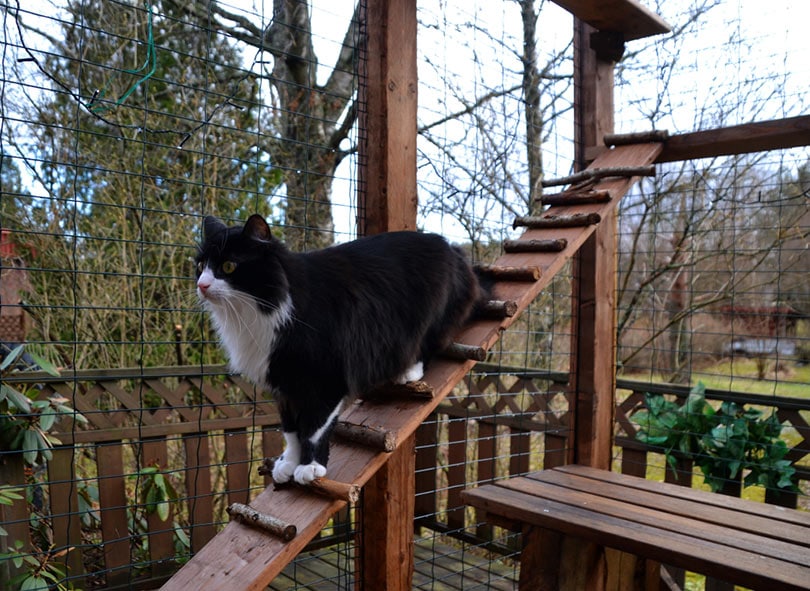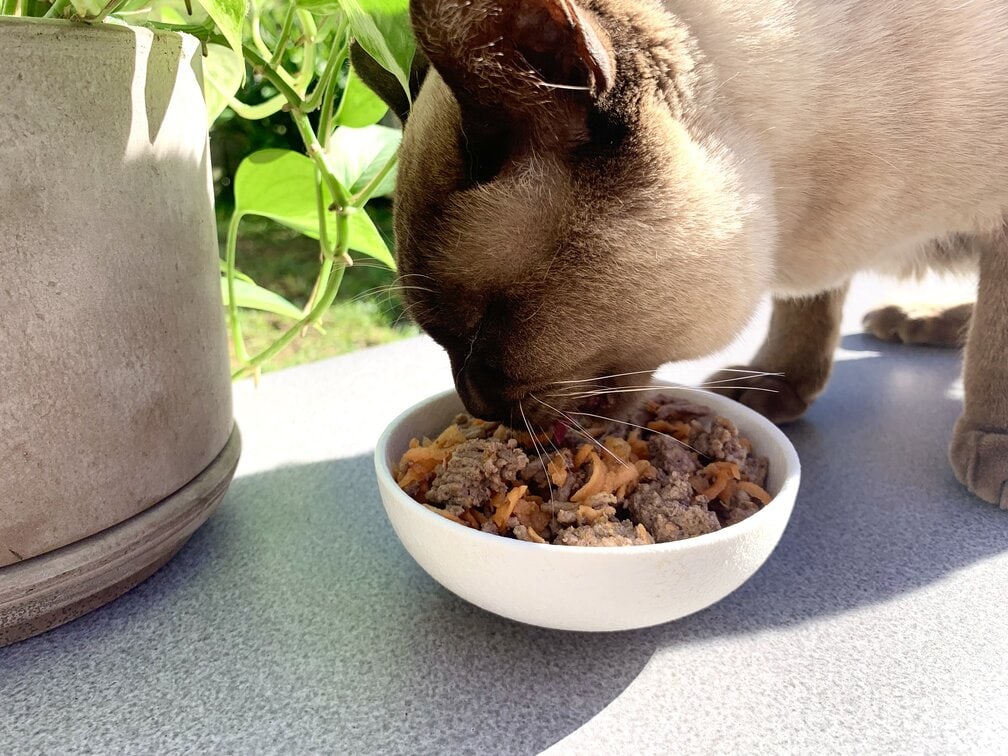Teacup Persian Cats: Think Twice Before You Bring One Home

Updated on
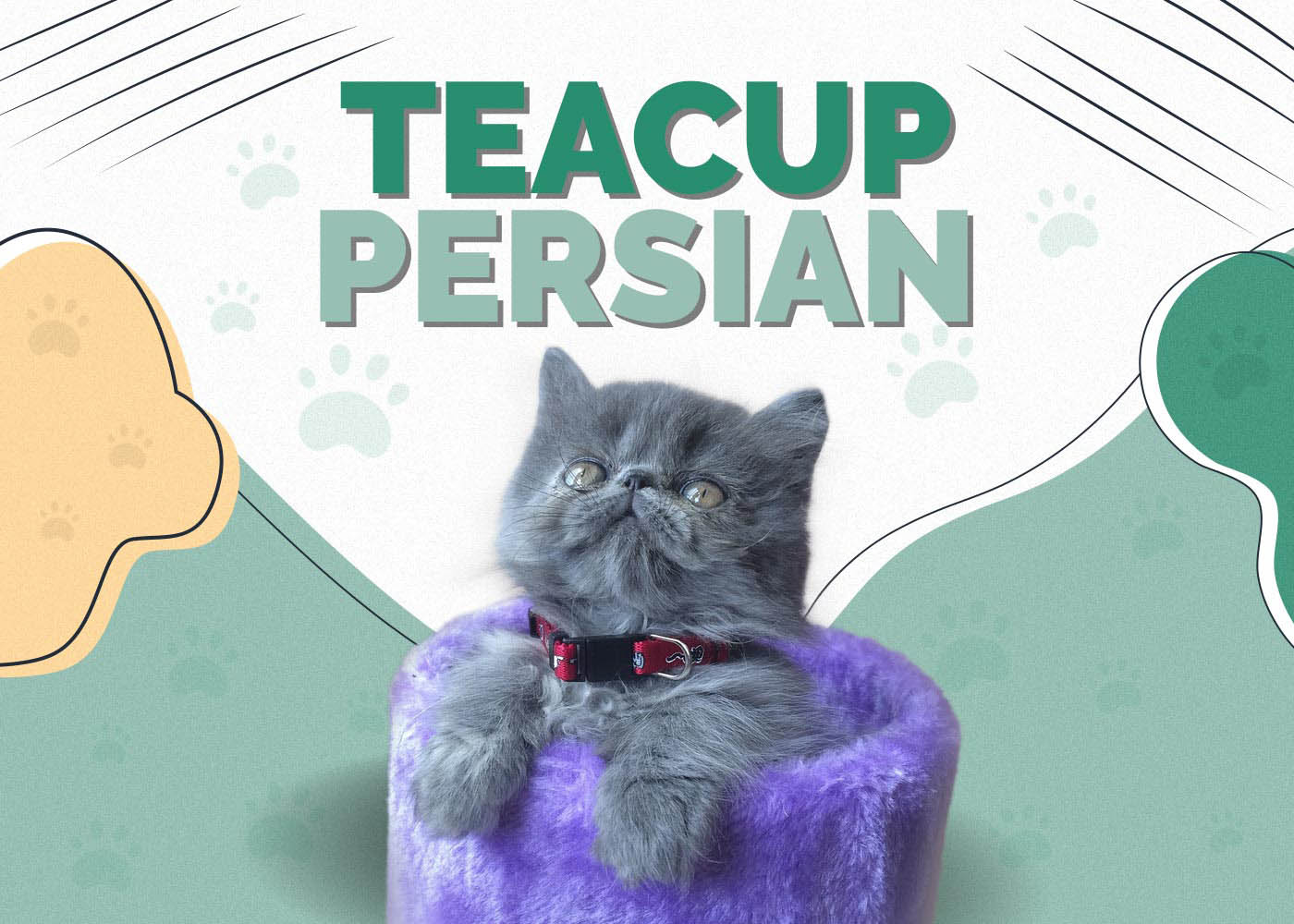
If you’ve seen an advert for an adorable teacup Persian, you might have fallen in love with the idea of bringing home one of these tiny kittens. But when it comes to this breed, you definitely need to do your research before committing to becoming the owner of one of these tiny cats.
What Is a Teacup Persian?
Teacup cats are sometimes also referred to as miniatures or dwarfs, and they can be found in many different cat breeds, although the Persian is one of the most popular. The problem is that breeding practices that create these smaller cats sometimes result in them having a wide range of health problems.
The teacup Persian isn’t a separate breed to the Persian; they are simply a Persian that’s been bred to be as small as possible. The average Persian cat weighs around 7-12 pounds, while a teacup Persian may only weigh 5-6 pounds. Teacup Persians aren’t accepted by any official breed registries.
Teacup Persians are bred by selecting small male and female Persians and then breeding them together. The aim of the breeders is that the resulting kittens will also be on the smaller side. Unfortunately, smaller Persians are often the runts of their litter and may have health conditions as a result. Reputable Persian breeders would not usually select these cats for breeding because they’re not the healthiest examples of their breed.
By choosing to breed a cat based on one physical attribute alone — in this case, their small size — other genetic disorders or health problems can be overlooked. This can lead to the kittens developing issues in the future. Reputable breeders will look at the overall health of the cats and select breeding pairs based on the best combination of all attributes. This means that many Persian breeders do not advertise teacup versions.
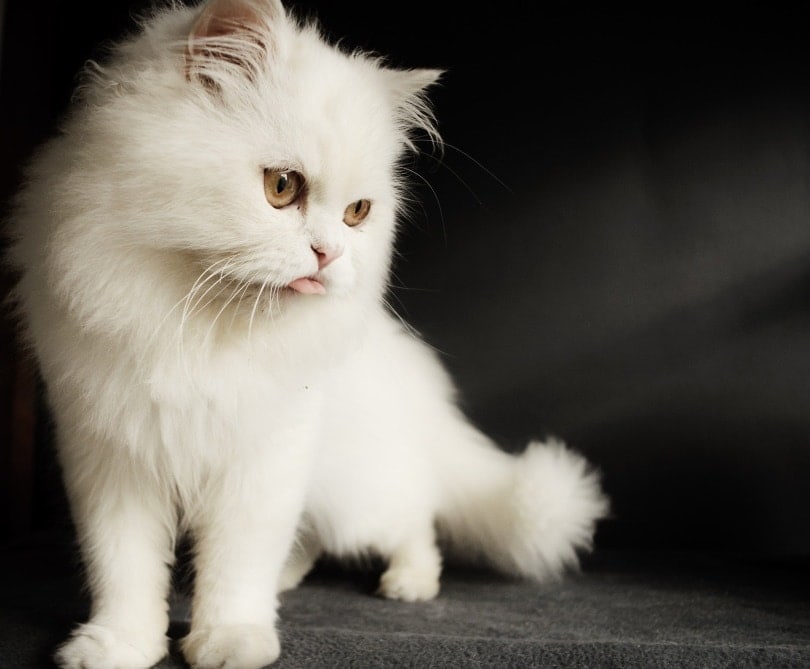
Health Problems for Teacup Persians
Persian cats are at a high risk of several different health disorders, and the chances are that they will be even more likely to occur in a teacup Persian.
- Progressive retinal atrophy
- Polycystic kidney disease
- Hypertrophic cardiomyopathy
- Liver shunts
- Cystitis (bladder infections)
- Bladder stones
- Breathing problems
- Dental disease
- Cancer
- Haircoat disorder
- Arthritis
- Eye problems
Persian cats suffer from more health conditions than many other purebred cats, with breathing problems due to their short muzzles being a major factor. This can contribute to a range of health issues, including trouble breathing, dental problems, and eye issues. The small size of a teacup Persian means these problems can be further exacerbated.
If you’re planning on owning a teacup Persian, you need to be prepared for the fact that you may be facing much higher vet’s bills than average.
- See also: How Much Does a Teacup Cat Cost?
Finding a Reputable Breeder
You may find breeders advertising teacup Persians, but before you put down a deposit for a kitten, it’s a good idea to check that the breeders are reputable.
You can find a list of breeders approved by The International Cat Association, and this is a good place to start. Ask the breeder how long they’ve been breeding Persians, why they breed teacup Persians, and how they select cats to be a part of their breeding program. It’s also a good idea to ask for references from previous customers.
Any reputable breeder will be happy to welcome you into their home or breeding facility and allow you to meet both parent cats so you can find out more about their temperament. Breeders should have assessed the health of both parent cats, and this is particularly important for the Persian breed, which can be prone to several genetic health conditions that can be passed down to kittens. Ask to see the health results for both parent cats. You may want to organize a health check with your own vet before buying a kitten; a reputable breeder will be happy to facilitate this request.
If any breeder is reluctant to answer your questions, then this is a red flag. Their breeding program may not be robust, and the health of the kittens could be compromised as a result.
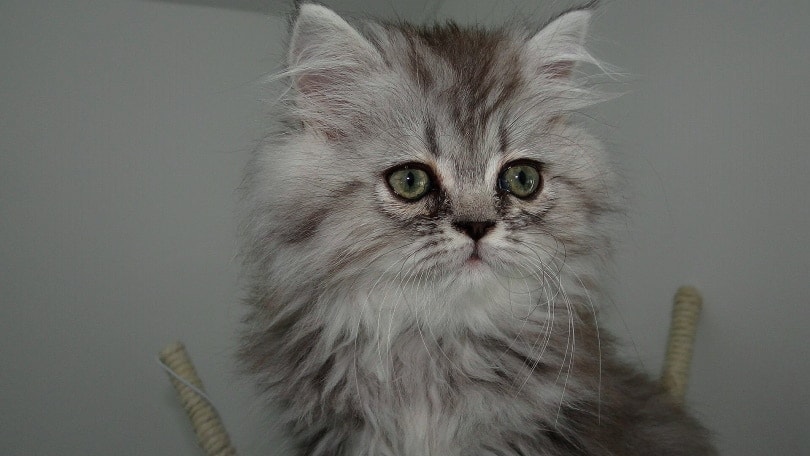
Wrapping It Up
Now that you know a little more about the teacup Persian, you may decide that they’re not the right breed for you after all. It may be a better idea to speak to a reputable and registered breeder of Persians and invest in one of these kittens instead.
Teacup Persian breeders often focus on size as the most important factor, and other health conditions can be overlooked as a result. That means these kittens can often suffer from all kinds of health problems, which can become very expensive, very quickly.
It’s far better to choose a reputable breeder of standard-sized Persians and ask for details about the health checks and tests that they carry out. This way, you know that you’re giving your kitten the best start. You may even be able to choose the smallest kitten in the litter. But once you’ve laid eyes on all those adorable Persian kittens, you might decide that their size doesn’t even matter!
Featured Image Credit by: Deedee86, Pixabay


